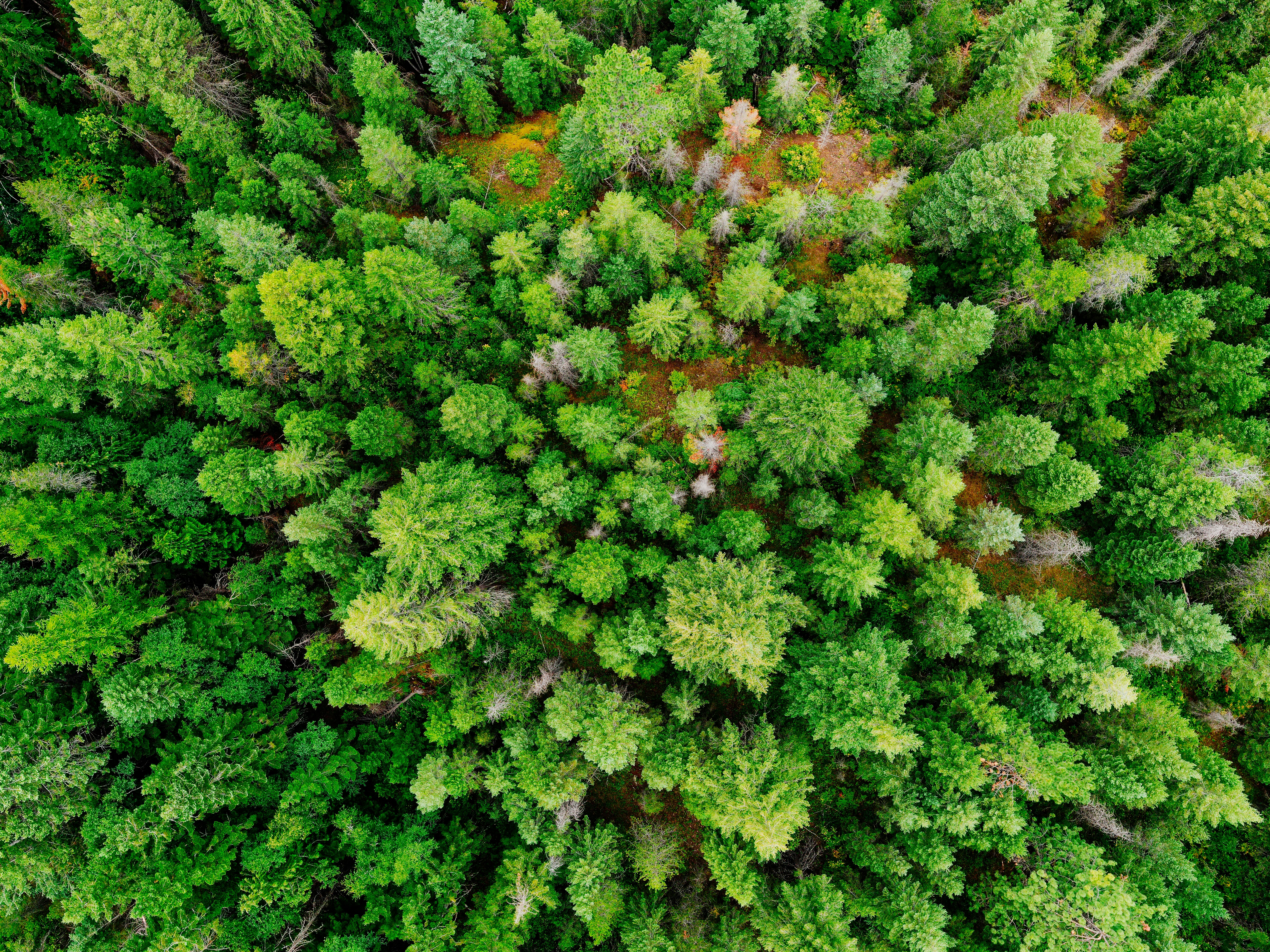The suggestion in headlines like the one shown below, that carbon credits won’t cut emissions (from a Wall Street Journal* article) just serves to doubt the positive work credit programs can do.
Yes, it is it is. However, the tiny voluntary tax that's carbon credits has not been a significant influence on the actions of many major emitters, particularly contrasted with the earnings by fossil fuels. It's likely that affordable renewables are likely to have a larger impact on reducing our dependence on fossil fuels than taxation.
The current emissions crisis is a concern however, to appreciate the importance of carbon credits we have to stop looking at the income Statement and look at the Balance Sheet. We should be focusing on our Long Term Carbon Debit.
If Planet Earth had a Balance Sheet, and we were able to list in our Asset column our essential needs (physical security, food supply, etc.) and in our long Team Debit entries our accumulated greenhouse gas levels, extreme soil organic carbon loss from agricultural land, and the shocking levels of degrading our most efficient carbon storage region mangrove Learn more here forests along the coast It would be clear that our current predicament does not result from one single year of emissions. Insolvency could be an issue if Planet Earth had a balance sheet.
This is why I believe any story that mentions offsets for carbon and loss of emission is false. The issues with climate change we see are not due to carbon dioxide emissions. They have been affecting us for decades. of poor farming practices, massive deforestation, mangrove removal , pollution, as well as a myriad of other crimes.
What is the extent of the extent of damage to mangrove forests? Between 50 and 65percent of the mangrove forests in the world are gone or have been degraded. A lot of areas of the world's agricultural land have lost as much as 80 percent of their carbon content in soil, which has led to the food security of our planet being in danger.
This is the reason we have to shift our focus away from "triple-bottom-line" to the accrued debt on the balance sheet. Carbon credits are seen as a "balance sheet adjustment item" which is related to the total debt, not only a tax on current emissions. Credit (carbon) is a credit that could be used to lower the cost of (carbon debt.

How can we cut this debt?
The answer is easy. Let's take an example. CarbonNation Blue is an CarbonNation fund. The fund's focus is one easy, yet efficient goal: to restore and protect mangroves. Mangrove forests require substantial funding in order to scale. For instance one hectare of mangrove forest that must be planted could require between USD2,500 to USD4,500 per hectare. It will also require three years' careful cultivation by the local communities.
To decrease the amount of phosphorus and nitrogen waste produced, the adjacent onshore fisheries should be equipped with effective algae-based filtering systems. This will result in better quality produce.
When the forest matures and plants grow with carbon credits, they are produced. These carbon credit can be used to return principal, plus a dividend to investors. The benefits are more than only financial rewards. A greater mangrove canopy is equivalent to the same amount of fish (fish reproduce in mangroves because it keeps them safe from predators) is one of the primary income sources for many coastal communities.
Mangroves with higher density protect rising tides and coastal erosion. Mangroves are 50 times more efficient in carbon sequestration than lower density forests, something that almost everybody is aware of. While the machines that extract carbon from the air and underground storage are futuristic looking, mangroves have been doing this for millions and decades and continue to supply our bodies with food.
The Fund has received significant funding and partnerships for its work. Partners are encouraged to connect.
The article is extremely thorough, well-researched, and I have a problem with the headline. Based on the text of the article I think it could have been altered or edited by the editor, rather than the journalist.